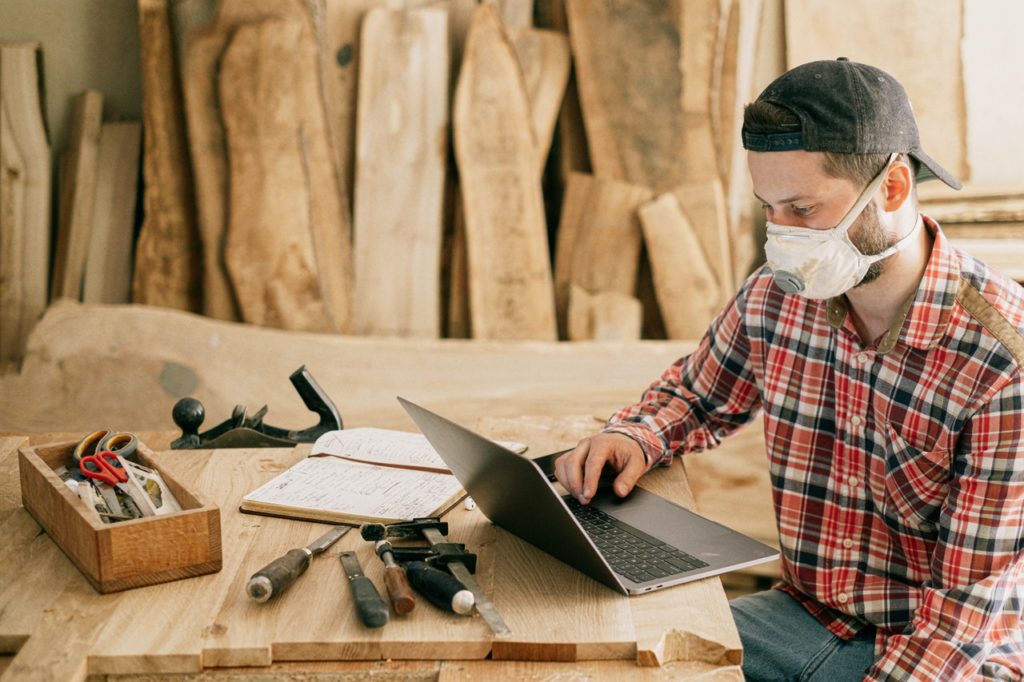Getting something brand new and as costly as a home involves a lot of difficult choices to make. From the location, budget, comfort, and down to what’s currently in the market, you’ll see yourself facing tough choices in an attempt to make your life more comfortable. In getting a new humble abode, people are left with two main choices after deciding that they aren’t going to opt for renting a place. They can either buy a home or build one.
What are the upsides of building a home?
If you’re a future house dweller who has decided on building a home instead of buying, you should expect to spend an average amount of $313,800. That amount could go higher depending on location, size, design, and amenities you want to install. But what comes with the hefty price tag is the freedom to create the house you’ve envisioned for years.
There’s nothing better than living in a home you took part in designing and watched go from an empty lot for sale to a residential property sheltering you and your loved ones.
Here are some pros of building a house:
1. Customization
Building a house from the ground up will allow you to make the property personal to you. You can tailor it to cater to your taste and lifestyle. Floorings, cabinets, layouts, lighting, paint colors, and many more can be built according to your preference. You can influence a lot, and seeing everything during the final stages is worth the wait and money.
2. Minimal competition.
If you opt to build a home instead of buying, you’re saving yourself from exorbitant market prices that depend on demand. Houses fly off the market so quickly that homebuyers don’t have the time to keep up. This leads to price increases that make buying a house expensive.
Building will take you out of the competition for the best properties with the best prices. That’s a lot of stress and money saved.
3. Low-maintenance.
New homes are built following current building codes and are equipped with the latest home technologies. This means that your newly built home will have little to no problems that require costly repair and maintenance work.
4. Energy efficiency.
We’re all familiar with newer and more advanced appliances consuming less energy than older ones. Building a home means buying new appliances, so that’s less on your electricity bill for a few years.
Most appliances on homes with previous occupants whose habits you don’t know about will have old and probably overused appliances.
5. The feeling of something new.
When you move in, the faint smell of paint, plastic coverings on furniture, and an empty and squeaky-clean fridge—they’re all something you yearn for. A newly built home can provide you the feeling of owning something and being the first one to do so. That’s satisfying.
When you buy a home, chances are the appliances, and other parts of the home are already used to their full potential, leading to more maintenance required that will be paid for by you and the succeeding owners.
What are the downsides of building?
Of course, building a house comes with its own cons.
1. It will take longer before you can move in.
The average construction time of a house that’s built from the ground up is seven months. That means you’ll have to settle in living in the place you’re currently in or move somewhere else before the house is ready for occupancy.
2. It’s not easy to negotiate.
An essential part of home buying that building a home can never have is the buyer’s chance to negotiate. When building a home, you’ll be working with multiple contractors that service different areas of your home. Unfortunately, there isn’t much wiggle room when it comes to pricing with contractors.
3. It’s loud.
Building a home involves a lot of heavy equipment doing heavy tasks that release a lot of noise. It can be a hassle to deal with the loudness and the mud while your house is being built. But permits and boots are there to protect you.
4. It can get stressful.
When building a home, you’ll be consulted by your contractors as much you consult them. They can’t decide on your behalf because you’re the client who will be living and paying for the house that’s being built.
Things might get a little overwhelming as decisions to be made pile up along with building costs. This is something you can’t avoid if you chose to build.
